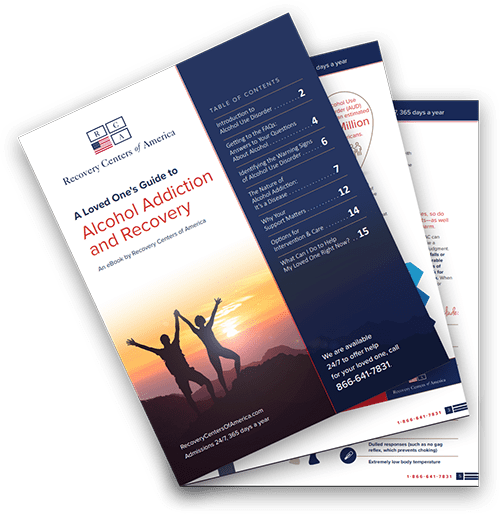Is alcoholism a disease?
Is alcoholism a disease?
Alcohol use disorder is a disease of the brain. Over-consumption literally changes brain chemistry, and as tolerance to alcohol increases, the person must use more and more to feel the same effects, further damaging both the body and brain. Those who are dependent on alcohol seem to drink at the expense of essentially everything and everyone around them – even the people they love dearly.
Addiction shares the following characteristics with other chronic diseases, like heart disease or diabetes.
- A tendency to run in the family
- Influenced by environmental conditions and behaviors
- The ability to respond to appropriate treatment
Many people wonder: What causes alcoholism? Addiction is physiological, psychological, and can be all-encompassing. And its broader impact can take devastating toll on family life as well.
There are three major areas where this disease manifests significant negative effects:
Lack of control
Once the brain has been affected by a substance to the extent that happens when someone is addicted, sheer willpower will not be sufficient for them to maintain a healthy lifestyle. Many people can quit for a day or a week, even months, but once they start using again, the substance use seems to develop a life of itself.
Perhaps the most defining symptom of alcohol use disorder is a loss of control over use – how much they use, when they use, stopping their use, etc. If your loved one can’t “just quit,” consider this: our brains are physiologically altered by addiction, and therefore, our normal sense of willpower is compromised. The usual energy and determination with which your loved one would normally pursue their goals are simply not available when it comes to them addressing addiction on their own. No amount of self-shaming or denial will change this fact.
Damage to the brain
Long term, heavy drinking can cause extensive structural changes in the brain. The nature and extent of the physical toll on brain health varies depending on the age of the person, and the amount of alcohol being consumed. This damage can inhibit functioning, including reaction times, decision-making, and even the ability to learn new things.
Damage to the body
Chronic abuse of alcohol is incredibly damaging to the human body and is an extraordinarily frequent cause of avoidable or preventable deaths. It is well known there are detrimental effects on one’s liver, heart, and brain. Other potential effects include:
- Mouth cancer
- Pancreatitis
- High blood pressure
- Stroke
- Conditions caused by risky sexual behaviors related to alcohol use
- Injury or death from motor vehicle crashes, falls, drowning, homicide, suicide, domestic violence, or fetal alcohol syndrome.
It’s clear that the scope of the potential consequences is enormous, but chances are, that’s not new information for you. If you’ve been watching a loved one slip away from alcohol problems or addiction, you are likely all too familiar with some of these consequences.

